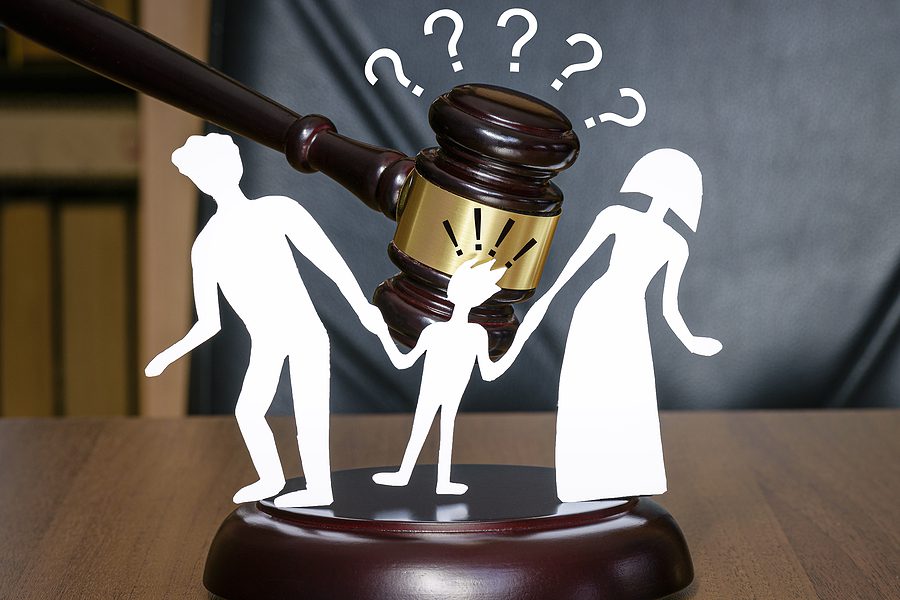When Child Custody Mediation Fails
Numerous studies have shown that children perform better academically and socially when both parents are committed to being involved in their lives. California courts prioritize the best interests of the child. They will typically award both parents joint legal and physical custody unless there is a compelling reason why the child would be better off with only one parent.
The court also requires the parents to participate in mediation before they make a ruling. Mediation, facilitated by a neutral third-party mediator, enables parents to develop a parenting plan that allows both to spend quality time with their child. The mediator’s role is to guide the discussion, ensure both parents’ voices are heard, and help them reach a mutually beneficial agreement. Instead of a contentious court battle, mediation focuses on creating a parenting plan through open communication and cooperation. In turn, this can lay the groundwork for a better co-parenting relationship.
Why Mediation Might Fail
Mediation isn’t always successful. Even though parents start with the best intentions, they might struggle to come to an agreement. Some reasons for failure include:
- The divorce is high-conflict, making productive discussions impossible
- One or both parents are unwilling to compromise
- They are too far apart on key issues such as decision-making authority and schedules
- There was domestic abuse
- Some legal issues are still unresolved
Even if mediation fails, there are other options for resolving child custody issues.
What to Expect if Mediation Fails
When mediation fails, a family court judge becomes responsible for issuing a child custody order. They will hear both sides, consider the evidence, and make their decision based on factors such as:
- The location of each parent
- The parent’s ability to provide a safe and stable environment
- The relationship between the child and each parent
- The child’s preference, depending on their age
Before the court hearing, gather documentation such as medical records, school records, and any other evidence that demonstrates your ability to be a capable parent who prioritizes your child’s well-being. During the court hearing, stay focused on the child and avoid airing any grievances about the other parent.
The judge may require additional information before deciding what is in the best interest of the child and may order a custody evaluation. An evaluator, such as a child psychologist or social worker, will conduct a thorough assessment, looking at factors such as:
- Each parent’s relationship with the child
- How the child interacts with their parents
- The ability of the parents to provide a stable environment
- Each parent’s willingness to encourage a relationship between the child and the other parent
Upon concluding their assessment, they will provide recommendations to the judge.
Throughout the process, remember that your child is still adjusting to the new family dynamics. You play a crucial role in this adjustment. Prioritize their emotional health by maintaining a stable home environment and providing a consistent routine.

Seek Legal Representation
There is too much at stake to navigate a child custody case on your own. You need the support and guidance of one of our experienced family lawyers at Lonich Patton Ehrlich Policastri. Our attorneys have over 100 years of combined litigation experience. We will help present your case and advocate for a custody plan that is in the best interest of your child.
We understand that this situation is overwhelming, so we will be with you throughout the process, ensuring you know your rights and options.
Call (408) 553-0801 to schedule your free consultation. We look forward to working with you.
Disclaimer: This article does not constitute a guarantee, warranty, or prediction regarding the outcome of your legal matter.



